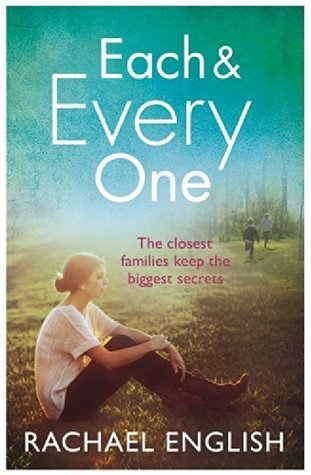 | ||
Crime Scene Books
2014
|
The unexpected death of his brother forces Commandant Truchaud of the Paris gendarmerie back to his family’s vineyard in the small village of Nuit-Saints-George in the Burgundy wine district of France. Once there Truchaud finds a mystery of epic proportions, as not only is his brother’s death decidedly suspicious, but also the allegations of a devastating wine scandal threatens the good name of his family.
What then follows is a quirky and entertaining story about the vagaries of the wine production business and focuses on the petty squabbles and interfering busybodies who populate the village and who together bring warmth and wit to this light-hearted murder mystery. Initially, I found the start of the story rather slow as there is much to take in, both in terms of character development and in discovering the finer points of the wine making business However, once the characters start to come together and become familiar, the complexity of the evolving plot becomes much more convincing and there are more than enough twists and turns to keep you guessing.
It is obvious that the author clearly knows the area well and writes with confidence about the place, the people and its wine. The small village atmosphere of Nuit-Saints-George starts to come alive, so much so, it becomes easy to imagine sitting at the Café du Centre sipping creamy coffee and munching on sweet biscuits with Truchaud and Geneviève.
Overall, this is a good debut novel which I am sure will have mass appeal. I am confident that the novels will continue to go from strength to strength as the trilogy progresses.
My thanks to the author and loveprlondon for sharing this book with me.
Come back tomorrow to read an interview with the author R M Cartmel
Come back tomorrow to read an interview with the author R M Cartmel
*~*~*











.jpg)






